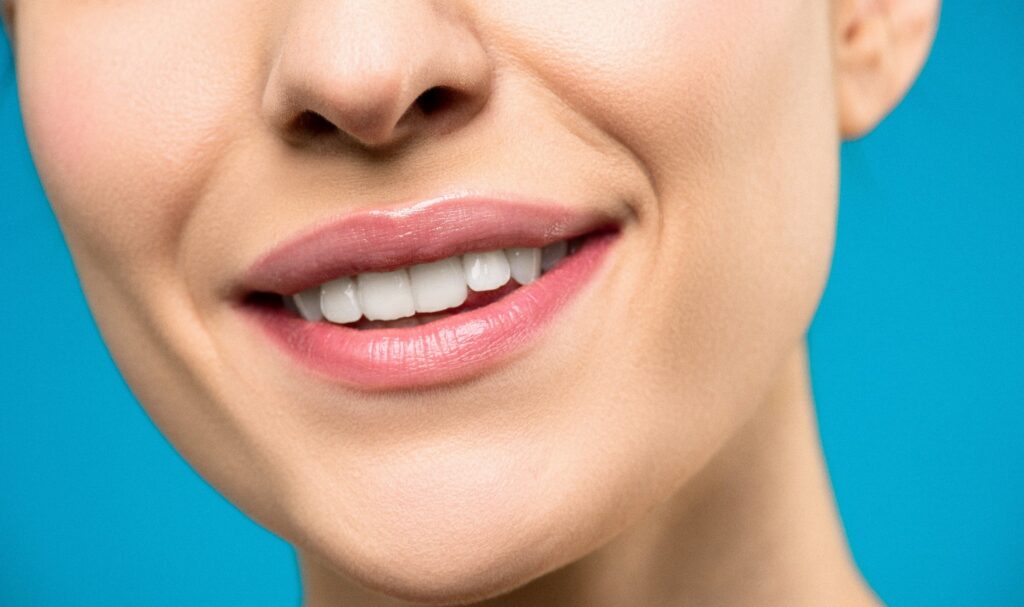In 2022, the Dentistry industry in the US was worth more than $162 billion. This is because the dentistry sector does more than clean your teeth and give you braces. When it comes to your oral health, there are numerous problems you may be facing. These include cavities, bacterial infections, and missing and impacted teeth. While a dentist can solve some dental issues with a round of antibiotics and a few cleaning sessions, missing teeth need a more elaborate procedure. For individuals grappling with missing teeth, seeking a lasting solution, the region boasts an array of good-quality dental crowns harrisburg nc has to offer. These advanced dental prosthetics not only restore smiles but also ensure durability and functionality, addressing the intricacies of oral health beyond routine maintenance and cleanings.
You need dental implants if you have too many loose teeth and cannot get a bridge or dentures. This type of prosthodontics is the closest solution you have to natural teeth. Implants are strong, permanent, and indistinguishable from regular teeth. The US dental implant market was about $1.1 billion in 2021, which will only continue to grow. But before you can get your implants, a dentist needs to carefully evaluate your situation and decide if you are a suitable candidate. So, what factors impact the outcome? Here’s what you need to know:
Condition of Your Gums and Teeth
A dentist will carry out various tests and physical evaluations to decide whether you can get implants or not. During an oral examination, your medical caregiver will check your gum ridge to determine your implant size and how it will be inserted. You will also need to get X-rays, and CT scans done to ensure there is no decay under the surface, hidden gum diseases, and how loose your teeth are.
Once you pass the oral check-up, impacted, damaged, and cavity-ridden teeth get extracted. This can be very painful, so you should educate yourself on what happens in a tooth extraction by visiting https://omsnashville.com/procedures/tooth-extraction/ and learn how a dentist decides which procedure is correct for removing your teeth.
More than 36 million Americans do not have teeth, and at least 120 million people in the US have one tooth missing. Therefore, don’t feel embarrassed if you fall into the same group and get the help you need. Reading up and researching helps you prepare for what’s to come.
Oral Hygiene
A dentist will thoroughly clean your gums and teeth before putting in the implants, but maintaining these standards is in your hands. Artificial teeth need as much care as your natural teeth do. If you skimp out on brushing and flossing them, you risk getting bacteria and plaque in your mouth. This can lead to the formation of tartar, which are calcified deposits that settle around your teeth and push against your gums.
Consequently, your implants can fall. Thus, establish a healthy oral routine for yourself when you get implants. It would help if you thoroughly brushed your teeth using fluoride-rich toothpaste and flossed between them. Your tongue also needs good scrubbing because this organ can house bacteria that may cause bad breath. Finish your cleaning session with an antibacterial mouthwash, and maintain this regime diligently.
Bone Mass
Your bone mass is crucial in determining whether the implants will remain in place. Implants need a certain amount of bone density to fuse or osseointegrate. When you lose teeth, your jawbone shows signs of damage and weakness. In this manner, if you lose more teeth, your jawbone will eventually deteriorate.
While you can still get implants with a low bone mass, you will need additional procedures like bone grafting to increase density so the implants can work. If you are unsure how strong your jaw is, check in with your dentist and let them guide you.
Smoking
Smoking interferes with your body’s natural biochemical reactions, making you more prone to infections. Smoking contains chemicals like tar, nicotine, and carbon monoxide that are generally bad for health and awful for implants. After an implant surgery, your mouth needs to heal, which requires a steady flow of nutrients and blood. But if you start smoking right after the procedure, your blood vessels will constrict and result in excessive bleeding and pain.
Nicotine also reduces the blood flow and oxygen to the soft tissues, slows healing, and can lead to long-lasting injuries. Smoking also burns the tissue in your mouth, which can thicken on top of your skin cells and cause them to become scaly. This can block your salivary glands, making your mouth dry and ideal for bacteria to thrive. If you are an avid smoker, it is understandable why quitting smoking may be hard for you. But you need to listen to your doctor and control this habit to allow your implants to settle.
Diet
You will need to adjust your diet to prevent damaging your implants. For a short while, your dentist may advise you to stick to soft foods that don’t require much chewing and are easy to swallow. Certain dentists don’t insert all the implants at the same time. Depending on your oral health, you may need gaps between each session. In such cases, try chewing on the side of your mouth opposite the implants. You should take more vitamins and supplements, which are essential for your immune system and the health of your bones.
Try consuming more steamed vegetables, oatmeal, cereal, and soft breakfast bars. You can also soak bread in milk to make it easy to swallow. Try eating mashed peas, potatoes, and purée meals to facilitate your diet further. Avoid chewy, crunchy, and hard meals since they can shift the dental implant and move it from its position.
Final Thoughts
Artificial teeth will help you live life to the fullest without feeling embarrassed by the state of your mouth. You must get them looked at if you have been struggling with oral problems like bad and infected teeth. In most cases, when your teeth cannot get salvaged, they need to go through tooth extraction followed by an implant. But, before you can enjoy your new teeth, make sure you listen to your dentist and adjust your habits which encourage your implants to fuse.
Your dentist will evaluate your oral condition and gauge your bone density, after which they will decide if the implants can fit into your mouth. After the procedure is complete, make sure you listen to your dentist and follow all instructions carefully. Hence, start brushing religiously, give up smoking, and eat a highly nutritious and beneficial soft diet.

